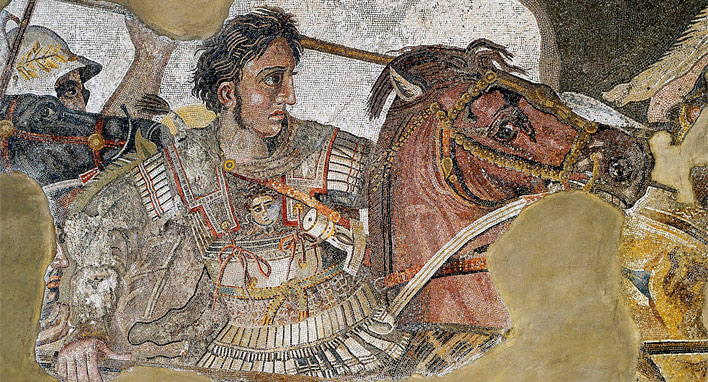
The Journey of Classical Greek Culture to the West
The cultural center of what would become our Western heritage moved from Rome and Constantinople to cities in the Islamic world, the most famous of which were Baghdad and Cordoba.
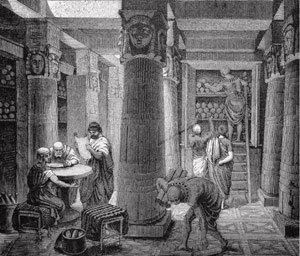
The Journey of Classical Greek Culture to the West
The cultural center of what would become our Western heritage moved from Rome and Constantinople to cities in the Islamic world, the most famous of which were Baghdad and Cordoba.

From Rome to Baghdad – The Golden Age of Islam
Rome’s decline, followed by the disastrous Byzantine wars with Persia, left a vacuum into which the Muslim invaders stepped, taking over the land and ideas of the peoples they conquered, including their accumulated resources of Greek literature, philosophy and sciences.
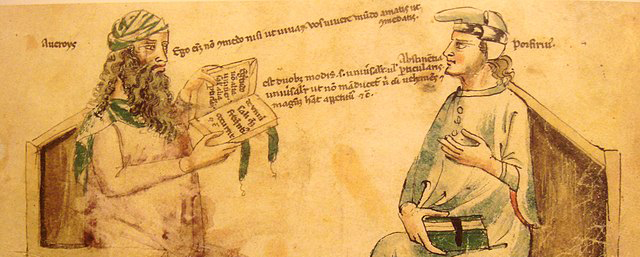
Polymaths of the Golden Age
The luminaries who contributed to the work of the House of Wisdom spoke several languages and were all polymaths, with their knowledge and abilities spanning many different fields.
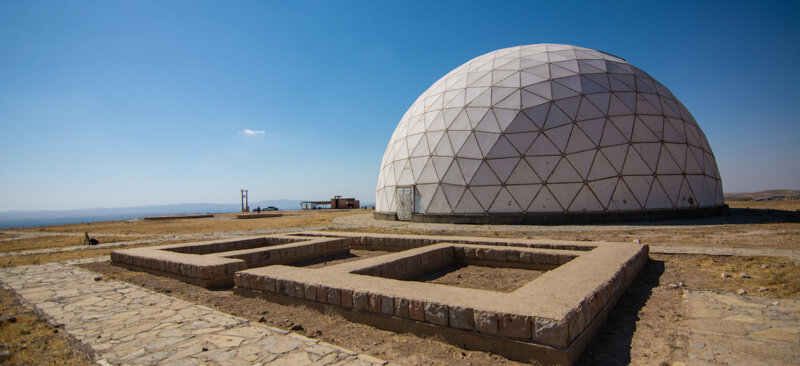
The Maragha Revolution
In 1258 the Mongol Hulagu Khan’s army besieged the walls of Baghdad, sacking the city. The Mongols massacred thousands, and destroyed mosques, palaces, hospitals, and libraries destroying their priceless books. This marked the end of the Islamic Golden Age.
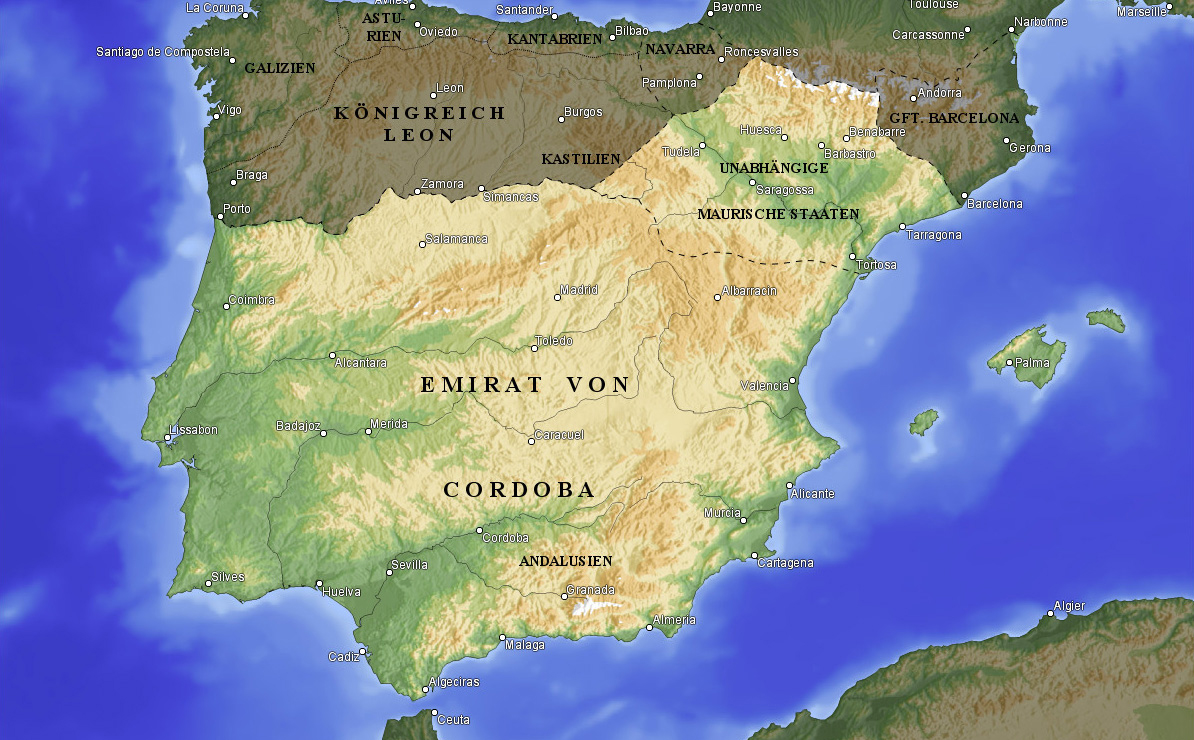
The Iberian Peninsula – Al-Andalus (750–1031)
As previously mentioned, in 750 the Abbasids overthrew the Umayyad dynasty in a deadly feud that left the latter facing near extermination. Luckily, 16-year-old Abd ar-Rahman escaped and, with the help of those still loyal to the Umayyads, fled to Spain, where he had Berber relatives on his mother’s side. With loyal Umayyad help, he entered Cordoba (formerly Khordoba of the Visigoths) and became its ruler.
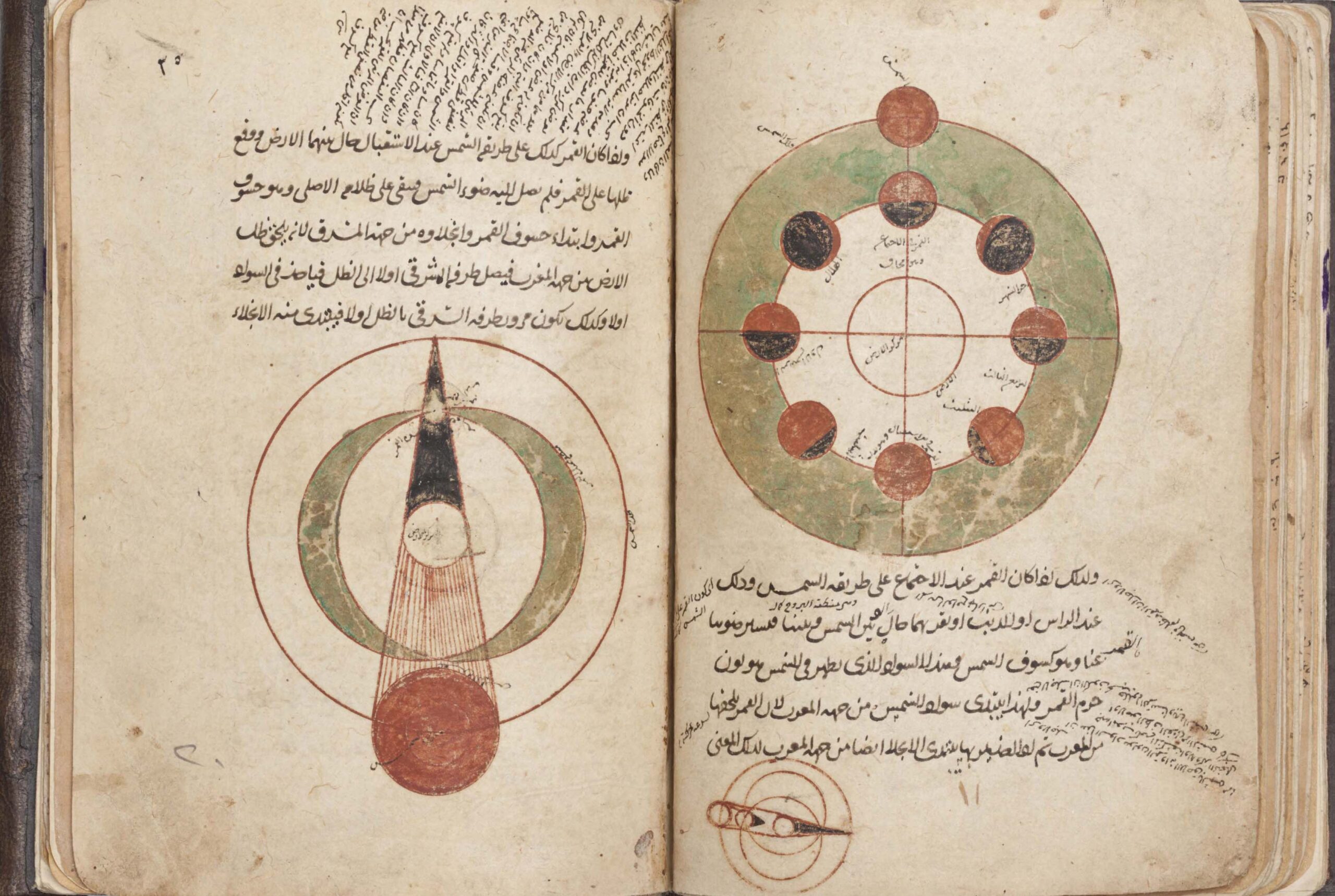
The End of the Caliphate and the Christian Reconquest
Besides Spain, there were other pathways of transmission and translation between the Christian and Muslim worlds. Venice traded with the Muslim world for centuries. We owe our coffee habit to the importation of the beverage into Europe from the Arab world by Venetian merchants.
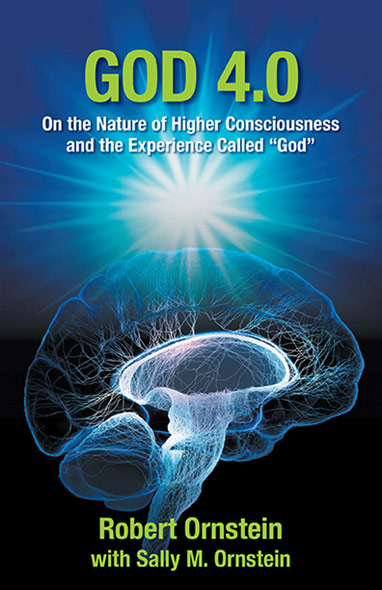
God 4.0
On the Nature of Higher Consciousness and the Experience Called “God”
By Robert Ornstein with Sally Ornstein
Review by Denise Winn
Contributing Writer
Countless research findings reveal the existence of a second network of cognition that transcends everyday consciousness. It is what people have tried to activate, from the earliest shaman-sages to Moses 3,500 years ago, to Jesus 2,000 years ago, to Muhammad 1,400 years ago, all the way up to the myriad of contemporary seekers. Read more
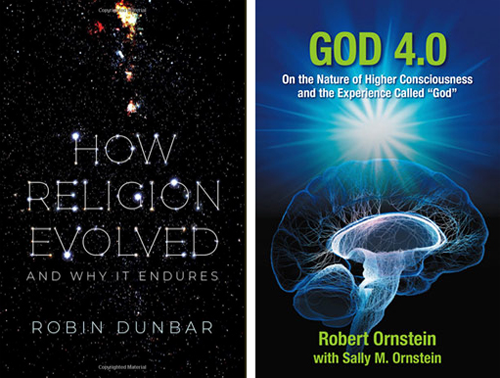
A Contemporary Look at the Nature of Religious Experience
Review by George Kasabov
Contributing Writer
People can persuade themselves of anything. Many believe that death is a transition to a transcendental world, that miracles occur through the will of God, or that our lives are ruled by immaterial spirits. How is it that, in our scientific age, when we have learned so much about the evolution of the universe and the nature of life, so many still cling to such beliefs? Why is it that faith – belief in the unprovable – is considered a virtue?
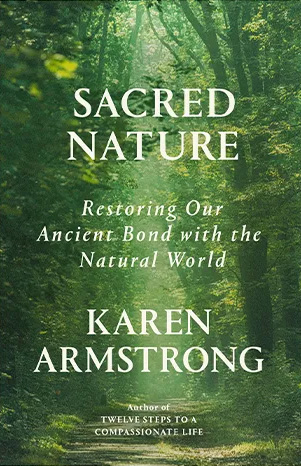
Returning to the Spirit in “Sacred Nature”
A review of Sacred Nature by Karen Armstrong
A staggering 33 million people have been internally displaced in Pakistan. Because climate change is likely to have played a role in the heavy rains, the displaced can be considered “climate refugees”— a term that the novelist Fatima Bhutto urges us remember, as we will all be impacted by climate change, and many of us will become migrants as a result, if we haven’t already.
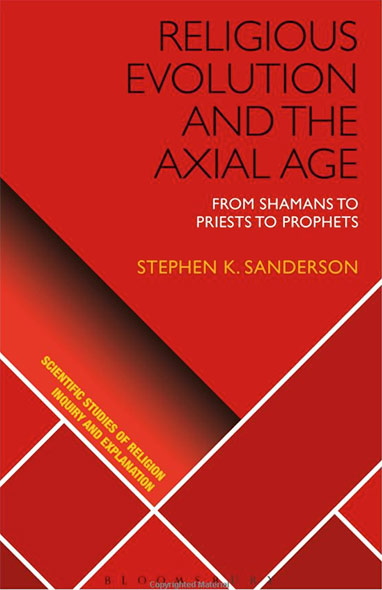
Religious Evolution and the Axial Age
From Shamans to Priests to Prophets
Hardcover edition 2018
Reported by Sally Mallam
Contributing Writer
Why are there are so many different types of religion and how and why has religion evolved over time? The answer lies in both our biological and our sociocultural evolution.
